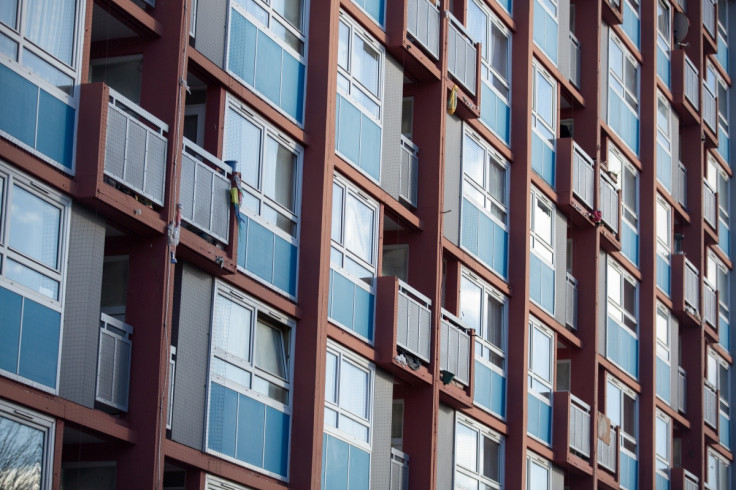Controversial Housing Bill back with MPs after peers handed government 13 defeats

The government's controversial Housing and Planning Bill is back in front of MPs after a bruising shakedown in the House of Lords which saw the legislation amended 13 times, watering down some of its most important elements.
Now MPs will consider the Lords' amendments. If the government wants the Housing Bill to pass quickly into law, it faces serious compromise with the opposition on the details so a final draft can be agreed before the state opening of parliament on 18 May, when the government moves on to its new legislative agenda. The government said it has listened to points made during the debate.
The government was defeated by the peers on starter homes, discounted property for first-time buyers under-40. One Lords' amendment would hand local authorities, which are broadly opposed to starter homes, the power to decide how many are built in their area.
Other defeats came on so-called "pay to stay", a policy to make higher-earning council tenants pay closer to market rents. Peers increased the household income threshold at which market rents would be due to £50,000 inside London and £40,000 ($58,788) outside. And they voted to allow local councils, not the Treasury, to decide if they wanted to charge higher-income tenants a larger rent.
"The government has already announced that it intends to reject some of the Lord's amendments," said Anita Rivera, head of planning at Mishcon de Reya, a law firm. "These include some very sensible and rational improvements to the bill, but also a number of populist, opportunistic amendments which took advantage of the 'big wind' of defeats.
"There is concern that, while the sensible changes go to the heart of some of the in-principle ideals, if there is compromise it may be on the wrong amendments. This will be a case of who can hold out the longest. The Lords seem to be the nation's conscience, therefore it's unlikely they will relent anytime soon. If the government wants to see this bill enacted it will need to make some concessions — otherwise this game of ping pong looks likely to run on close to the end of the parliamentary session."
The government's Housing Bill is intended to increase homeownership and housebuilding, and reduce the housing benefit bill, but it has met with fierce opposition from the Labour party and campaigners.
"As a one-nation government we're determined that anybody who works hard and aspires to own their own home has the opportunity to do so," said Brandon Lewis, the Conservative housing minister, as the bill entered parliament in October 2015. "It truly is an historic moment that will help deliver the homes hard-working people rightly deserve, transforming generation rent into generation buy."
Labour's John Healey, shadow housing minister, has called the bill "extreme" and urged the government to rethink its original proposals as the legislation returns to the House of Commons. "Ministers should reflect on the widespread opposition to their plans — from peers of all parties and housing experts to their own local councillors — and accept it's time to rethink their damaging housing plans," Healey said.
Among measures in the Housing Bill are the "right to rent", which will force landlords to conduct immigration checks on their tenants; an end to lifetime tenancies in council housing in the future; and extending the right to buy to housing association tenants.
© Copyright IBTimes 2025. All rights reserved.






















